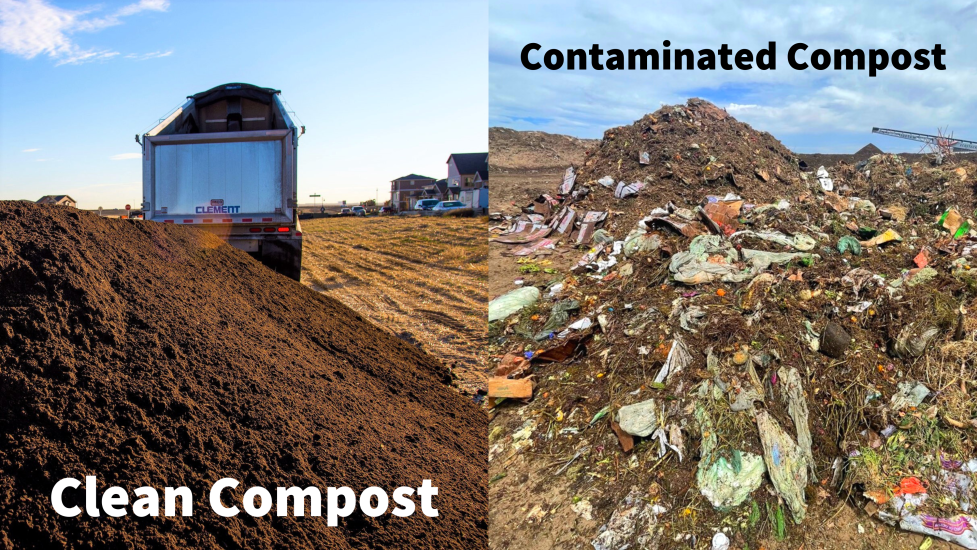Keep these out of your compost bin – they belong in the trash:
- All compostable packaging and products, including certified compostable utensils, cups, plates and to-go containers. Please do not put cups in the recycling stream. Disposable plastic and compostable cups are not recyclable.
- Paper products, like towels and napkins. Please avoid shredding paper. If you do shred it, it goes in the trash.
- Coffee filters and tea bags. Put coffee grounds and tea leaves into your compost bin and trash the filter or bag.
- Pizza boxes. Please throw away the greasy half of the box and recycle the clean half.
- Many bags are not allowed. Keep plastic bags out.
Check out A1 Organics' website for a list of allowed compostable bags.


